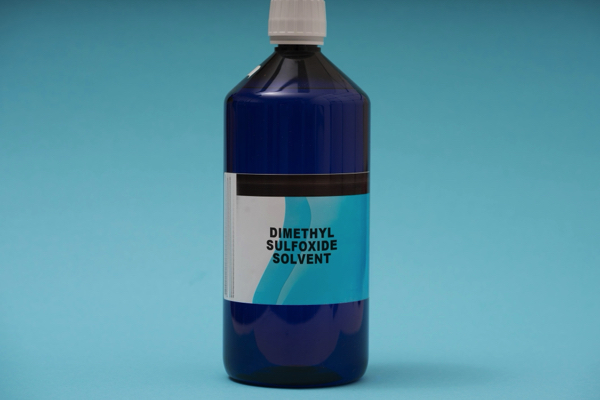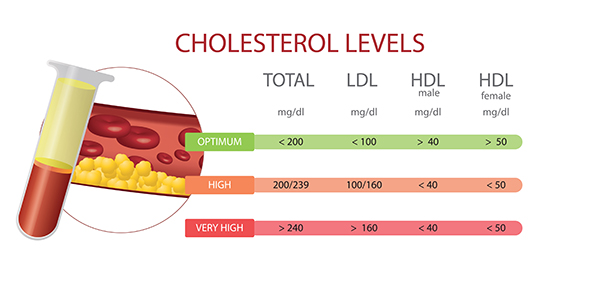Cambridge study links air pollution to alarming 17% rise in dementia risk – here’s how to protect your brain
07/25/2025 / By Cassie B.

- Cambridge University study links long-term air pollution exposure to a 17% higher dementia risk per 10 ?g/m³ increase in PM2.5.
- Nitrogen dioxide (NO2) and soot also elevate dementia susceptibility by triggering brain inflammation and oxidative stress.
- Analysis of 30 million people across 51 studies confirms pollutants like PM2.5 damage brain proteins and worsen vascular health.
- Marginalized communities face higher exposure, yet research gaps underestimate risks for vulnerable populations.
- Reducing time near traffic, filtering indoor air, and brain-healthy diets can mitigate some dementia risks.
A groundbreaking new study from Cambridge University has uncovered terrifying evidence that long-term exposure to outdoor air pollution significantly increases the risk of dementia – with fine particulate matter (PM2.5) driving risk up by a staggering 17% for every 10 ?g/m³ increase in exposure.
The research, published in The Lancet Planetary Health, analyzed data from nearly 30 million people across 51 studies, confirming that nitrogen dioxide (NO2) and soot also heighten dementia susceptibility. These findings expose yet another hidden health catastrophe caused by air pollution, which is already linked to heart disease, stroke, and respiratory illnesses.
How air pollution attacks the brain
The systematic review and meta-analysis, conducted by researchers at Cambridge’s MRC Epidemiology Unit, found that common pollutants like PM2.5 (fine particulate matter from vehicle emissions, power plants, and industrial processes), NO2 (a key pollutant from fossil fuel combustion), and soot trigger inflammation and oxidative stress in the brain – two key mechanisms behind dementia.
“Epidemiological evidence plays a crucial role in allowing us to determine whether or not air pollution increases the risk of dementia and by how much,” said senior author Dr. Haneen Khreis. “Our work provides further evidence to support the observation that long-term exposure to outdoor air pollution is a risk factor for the onset of dementia in previously healthy adults.”
The numbers don’t lie
- PM2.5 increases dementia risk by 17% for every 10 ?g/m³ increase. (Average roadside PM2.5 in Central London in 2023 was already 10 ?g/m³.)
- NO2 increases risk by 3% for every 10 ?g/m³ increment (Central London levels in 2023: 33 ?g/m³).
- Soot raises risk by 13% per 1 ?g/m³ rise (2023 UK roadside levels: 0.93 ?g/m³ in London, 1.51 ?g/m³ in Birmingham).
This is a looming public health disaster. Dementia already affects 57 million people worldwide, with projections estimating 152 million cases by 2050. Now, researchers warn that air pollution could be responsible for nearly a quarter of all dementia cases globally.
The hidden assault on cognitive health
The study highlights that pollutants damage cell membranes and brain proteins, cause vascular inflammation, and contribute to the buildup of toxic proteins linked to Alzheimer’s and vascular dementia. Notably, those exposed to higher PM2.5 levels in midlife showed lower cognitive test scores and brain structural changes in later years, according to a King’s College London study referenced in the research.
But here’s what governments aren’t telling you: Marginalized communities face higher pollution exposure, yet most studies focused on white, high-income populations, meaning the risks may be underestimated for the most vulnerable. Moreover, improvements in air quality (like those seen during COVID lockdowns) lower dementia risk, proving that regulatory neglect is fueling this crisis.
How to reduce your dementia risk
While the swamp of corruption in environmental regulation continues, you can take steps NOW to protect yourself:
- Avoid high-traffic areas – Minimize the time you spend near busy roads, especially during rush hour.
- Filter indoor air – HEPA filters can reduce PM2.5 exposure at home.
- Detoxify your diet – Eat organic, pesticide-free foods to lower systemic inflammation.
- Use chlorine-neutralizing bath products – Sodium thiosulfate crystals reduce chlorine exposure from tap water.
- Support brain health – Antioxidants (vitamin E, flavonoids), omega-3s, and B vitamins combat oxidative stress.
This study isn’t just a warning. It’s proof that we’re being systematically poisoned. Don’t sit back and let Big Pharma profit off dementia drugs; start taking steps to reduce your risk today.
Sources for this article include:
Submit a correction >>
Tagged Under:
Alzheimer's, dementia, mental, Mind, mind body science
This article may contain statements that reflect the opinion of the author





















